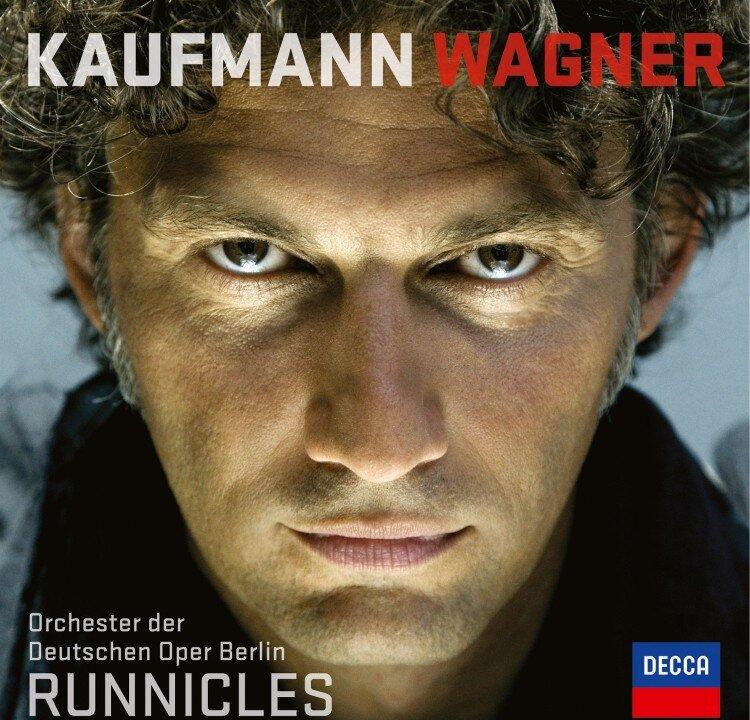Jonas Kaufmann has certainly won the genetic sweepstakes. He has a unique tenor voice, powerful with a baritonal quality and explosive high notes. He is charismatic, a natural actor with matinee idol looks and innate musicality. Many tenors simply produce a beautiful sound, but Kaufmann’s interpretations are always thoughtful.
His new CD, “Kaufmann Wagner” (on Decca) is further proof that he is the leading heldentenor of this generation. Recorded for the Wagner anniversary year, it traces the composer’s development from “Rienzi” to “Siegfried.” While the singer is fluent in Italian and French, he is even more at home in German, his native tongue. As he says in the liner notes, he grew up listening to this music. His grandfather had the scores to all Wagner’s operas and played them on the piano while he sang the different parts.
As in his performance at the Met in “Parsifal,” Kaufmann’s sound never deteriorates into what George Bernard Shaw called “the Bayreuth bark.” Most of the pieces on the album were ones he had never performed before an audience. He had sung the “Sword Monologue” from “Die Walkure” and “Am stillen Herd” from “Die Meistersinger” but not the others.
On the CD, he reveals his thoughtfulness by singing the “Grail Narration” from “Lohengren” but does the original complete version with two stanzas. Wagner had cut the second one but Kaufmann believes it explains part of the action and is “beautiful music.” It certainly is, as performed here. Another instance of his fresh approach is that he sings the “Wesendonck Lieder,” which is usually sung by a mezzo-soprano or soprano. Kaufmann’s rendition is just as moving. The orchestra of the Deutsche Oper under Donald Runnicles provides sympathetic accompaniment throughout and the sound quality is state of the art.







